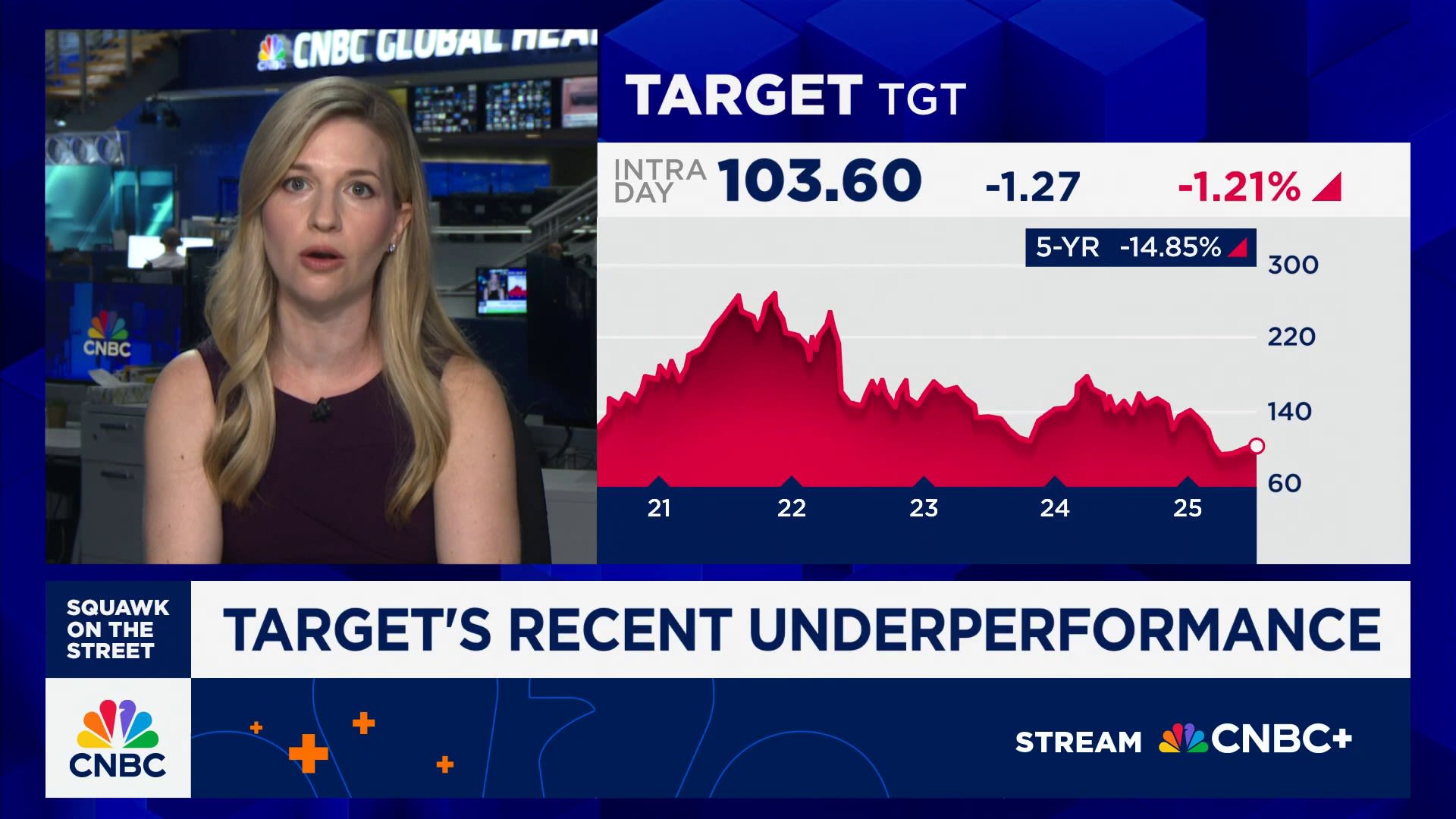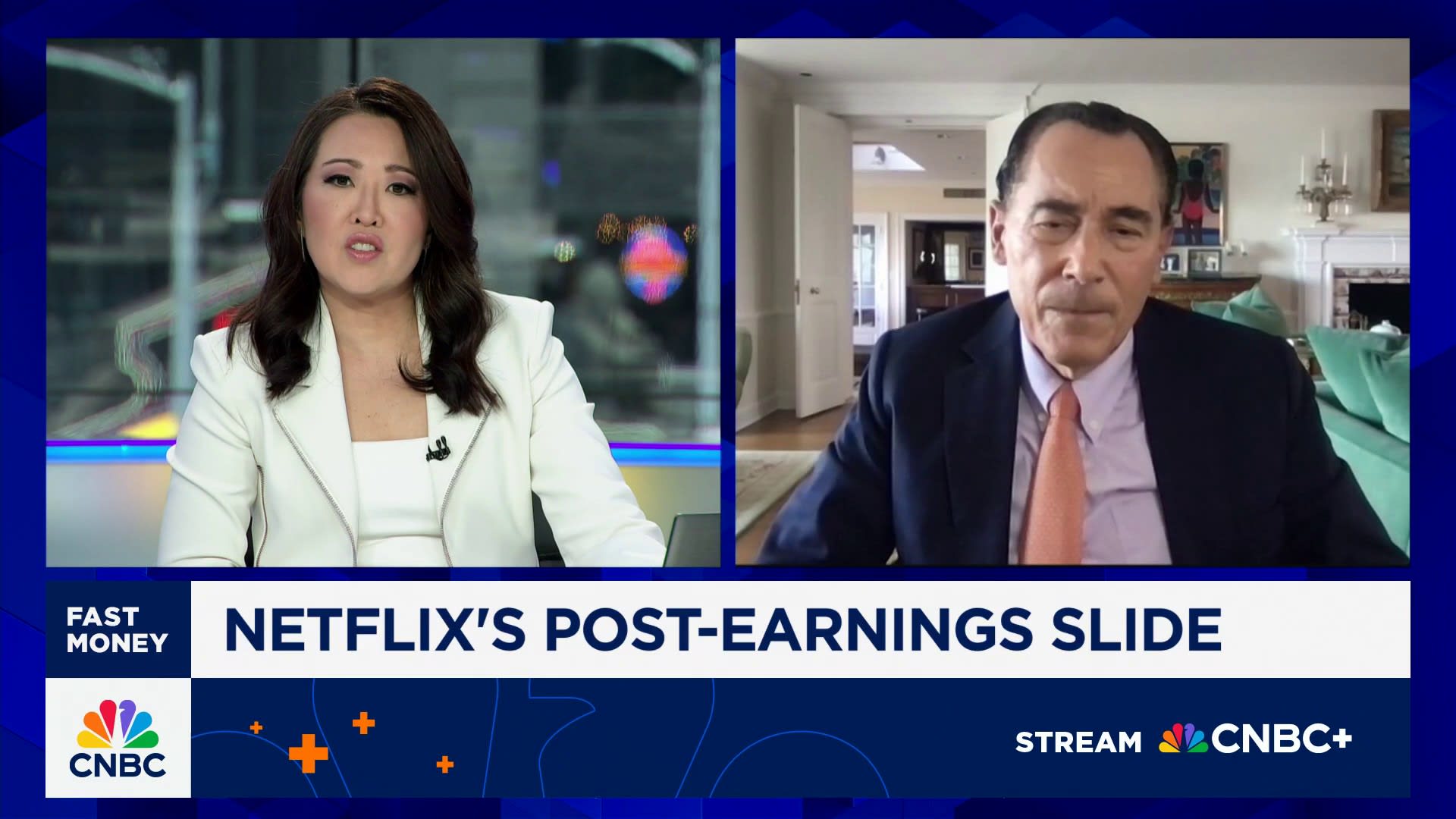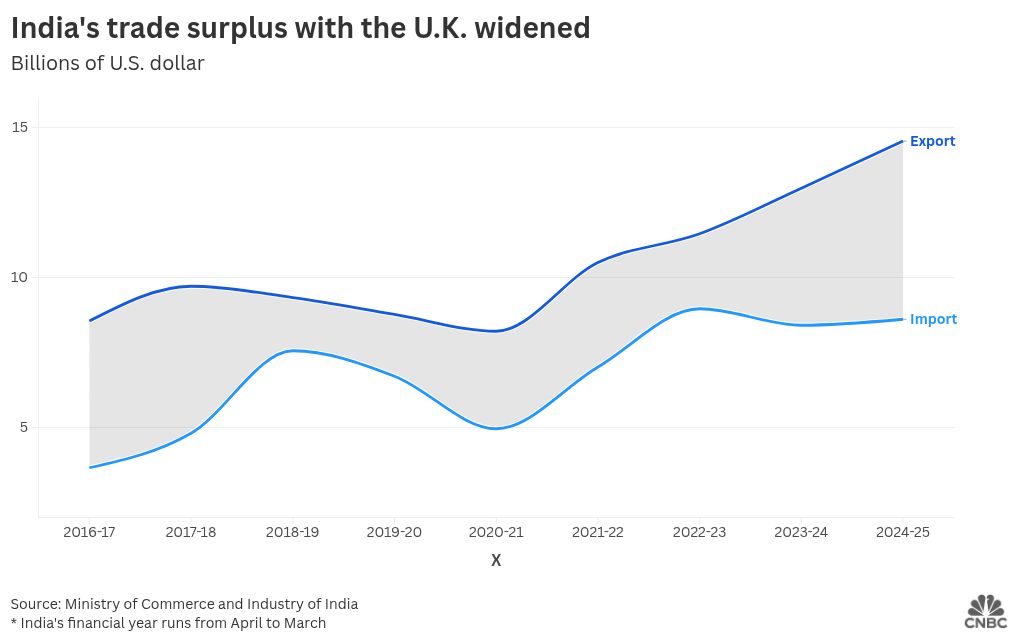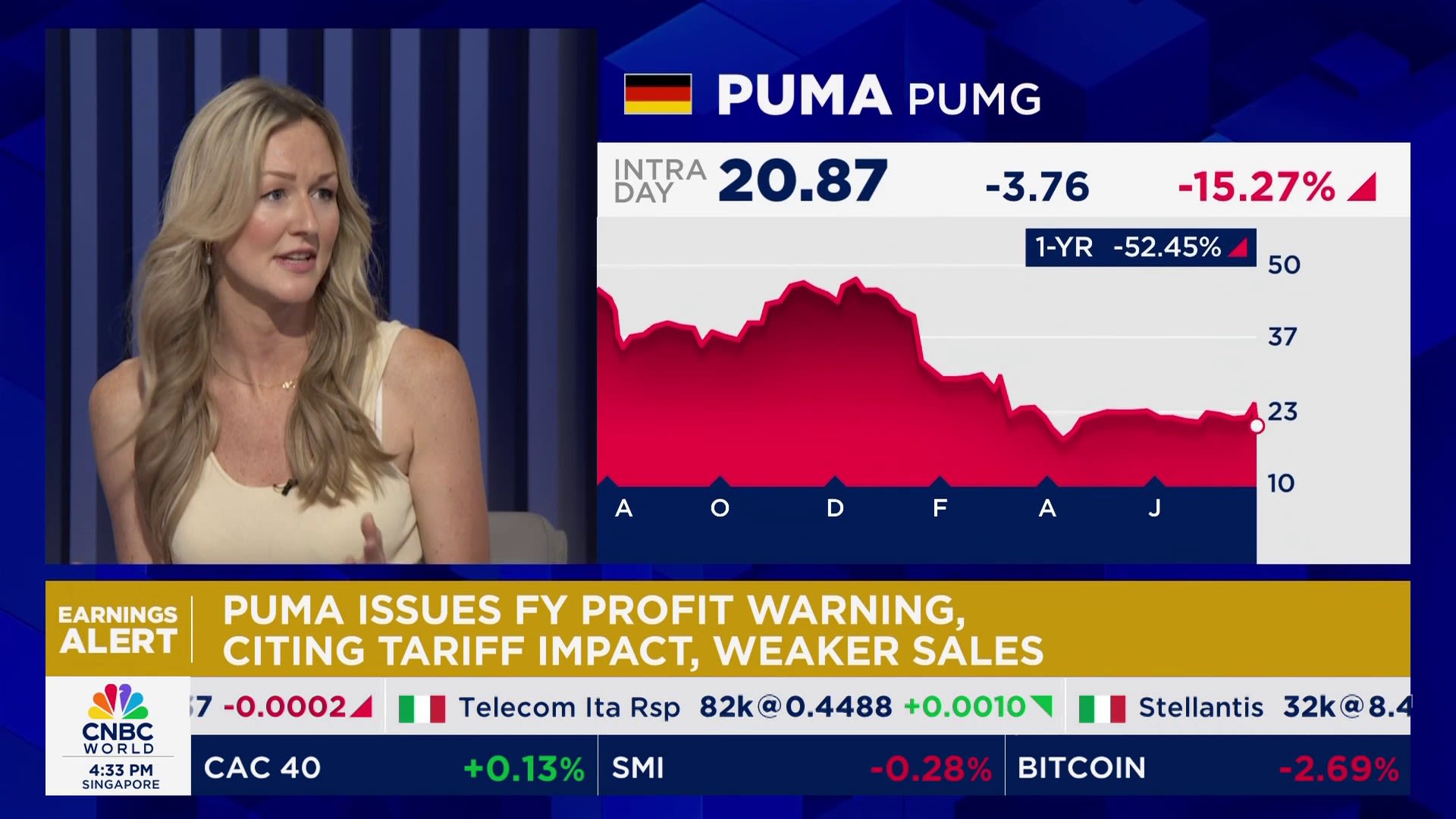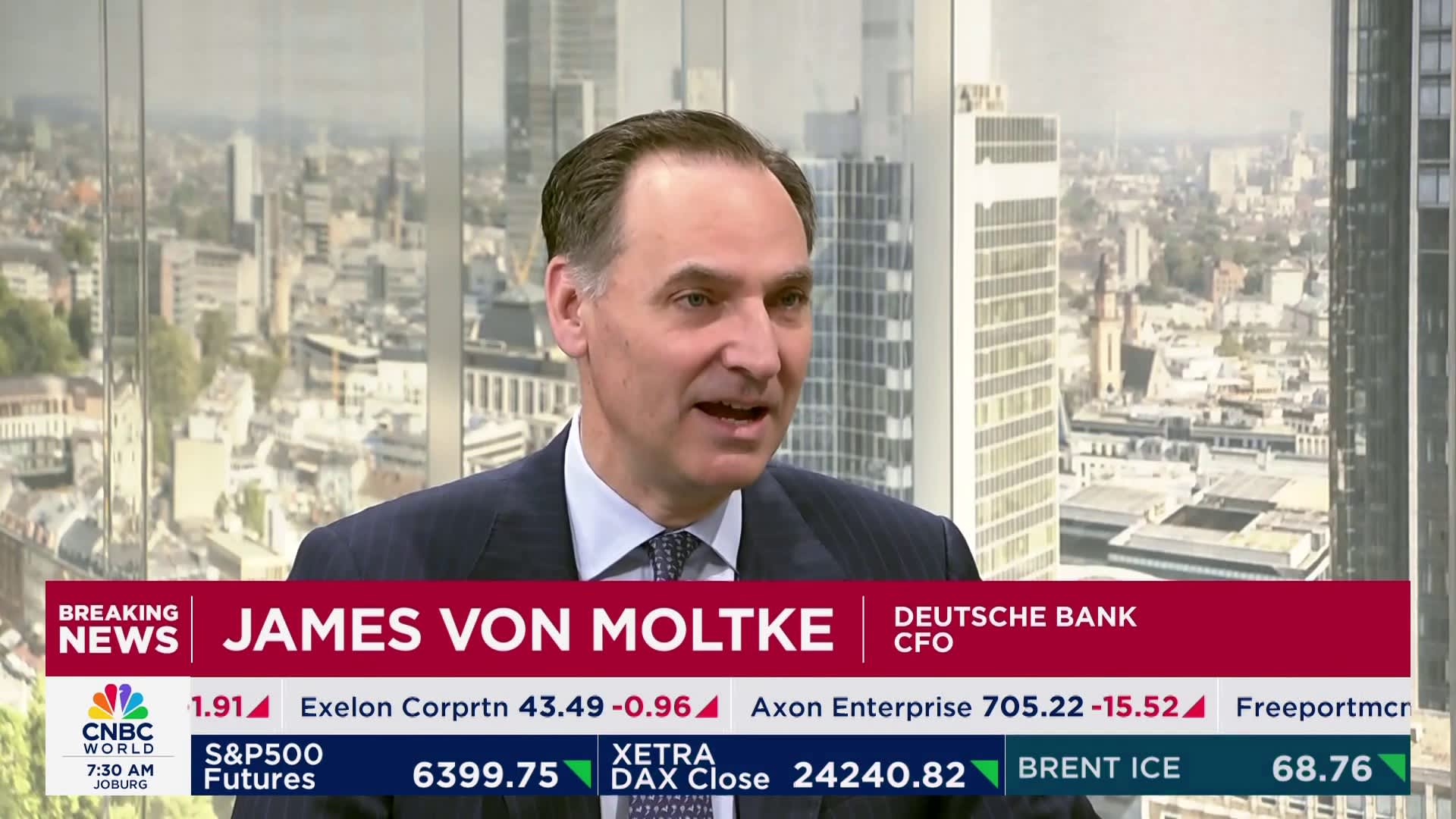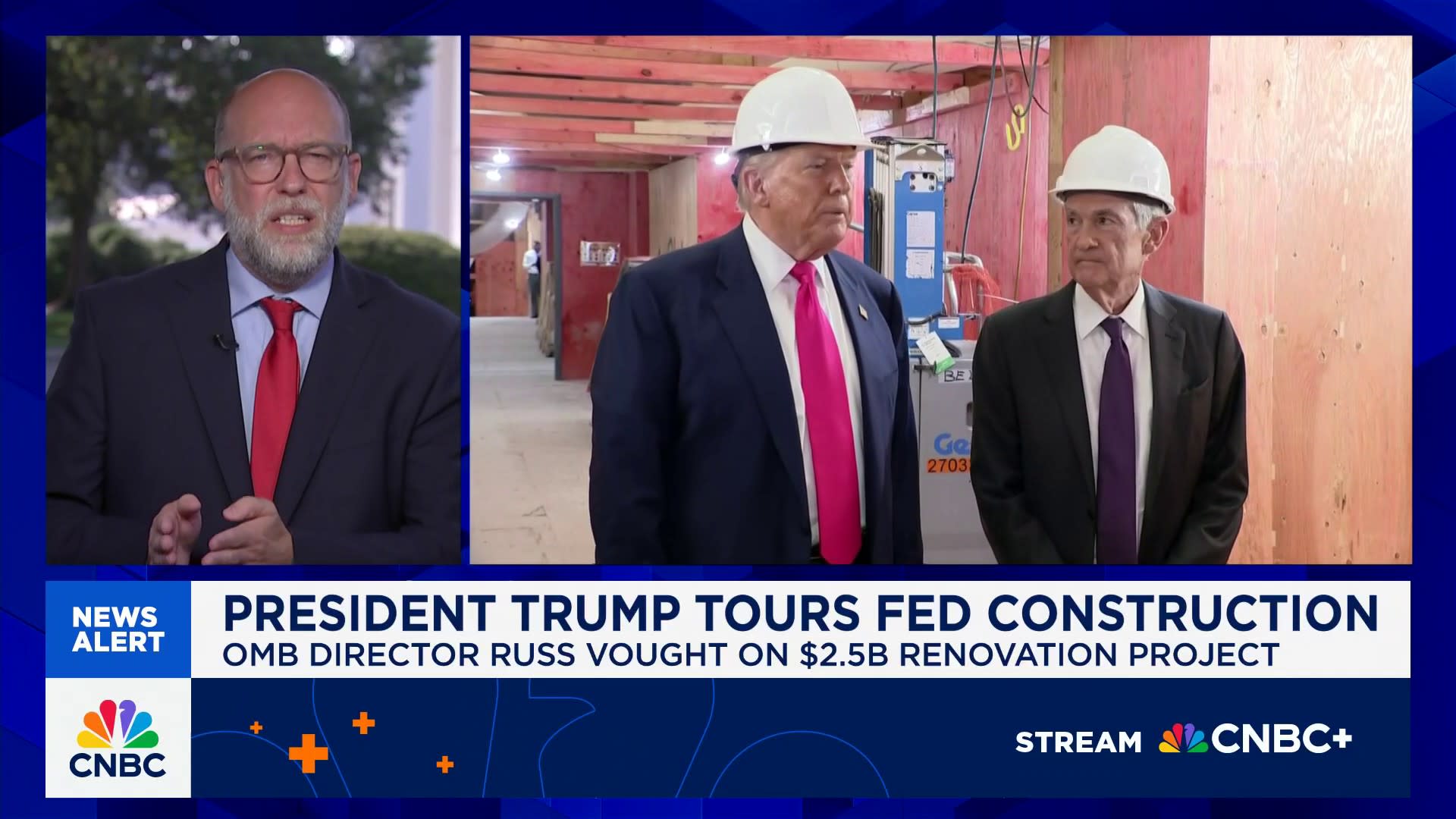U.S. President Donald Trump meets with El Salvador President Nayib Bukele (not pictured) in the Oval Office at the White House in Washington, D.C., U.S., April 14, 2025.
Kevin Lamarque | Reuters
Wall Street banks just posted their biggest-ever haul from stock trading as the opening months of President Donald Trump‘s tenure led to upheavals across asset classes — and the need for institutional investors around the world to position themselves for a new regime.
Goldman Sachs, Morgan Stanley, JPMorgan Chase and Bank of America each notched record equities trading revenue in the first quarter, with the first three producing roughly $4 billion in revenue apiece.
When including Citigroup and Wells Fargo, the six largest U.S. banks put up $16.3 billion in stock trading in the quarter, 33% more than a year earlier and higher than in previous periods of tumult, like the 2020 coronavirus pandemic or the 2008 global financial crisis.
The performance, which helped every bank except Wells Fargo beat expectations for the quarter, was deemed “spectacular,” “extraordinary” and “awesome” by analysts in conference calls over the past week.
It’s a twist on the anticipated Trump boom for Wall Street.
Trump’s second time in office was supposed to be good for Wall Street’s dealmakers, the investment bankers handling billion-dollar acquisitions and high-profile IPO listings. Instead, deal activity has remained tepid, and the biggest beneficiaries so far have been sitting on bank’s trading floors.
While equities traders put up the biggest gains during the first quarter, according to their earnings releases, fixed income personnel also saw higher revenue on rising activity in currencies, commodities and bond markets.
“So long as the volatility continues — and there’s no reason to believe it’s going to stop anytime soon — equities trading desks should remain plenty busy,” James Shanahan, a bank analyst at Edward Jones, said in a phone interview.
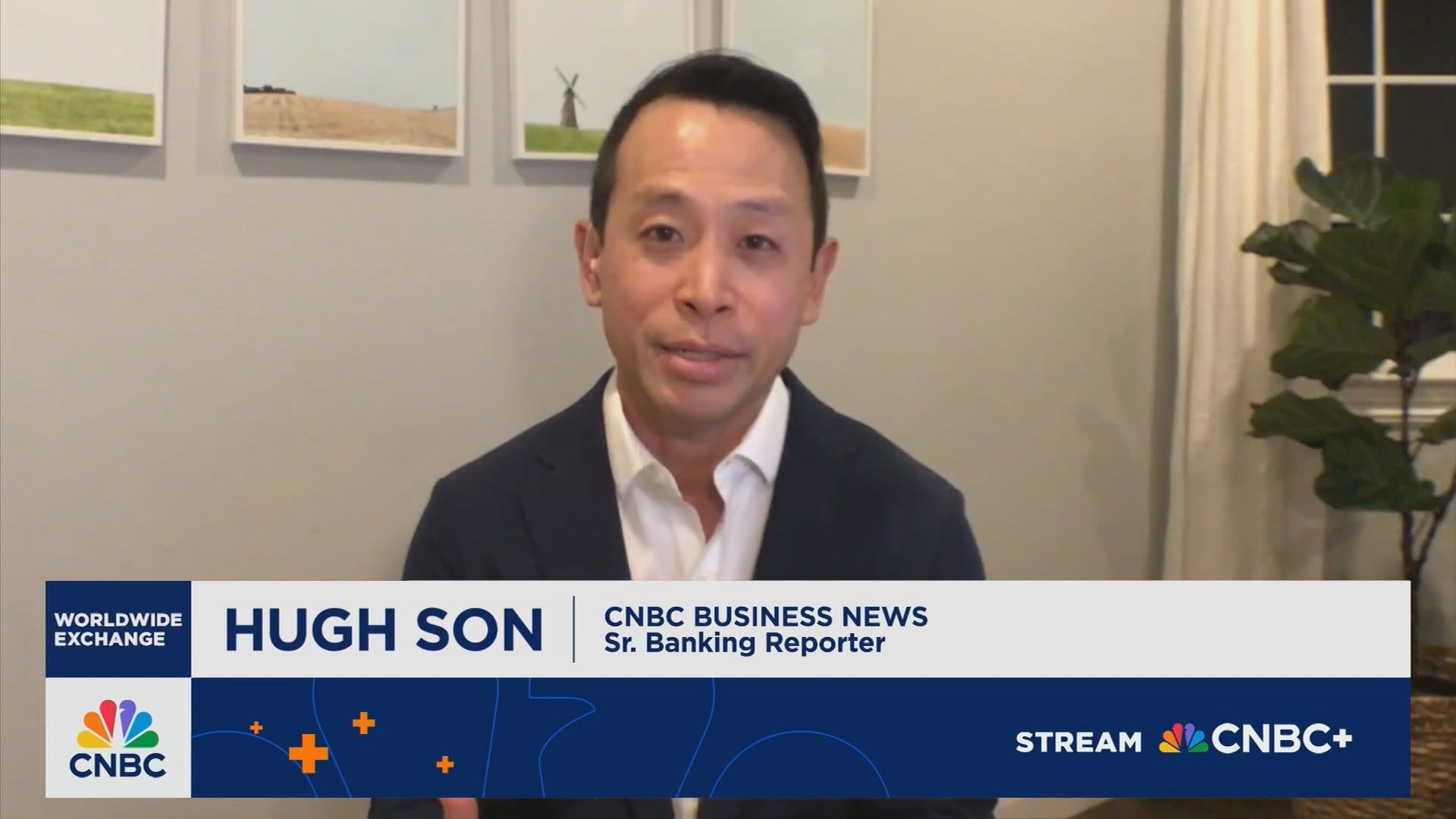
While investment banking has remained muted as corporate leaders put off making strategic decisions amid ongoing uncertainty, professional investors have “a lot to play for” as they seek to rack up gains, Morgan Stanley CEO Ted Pick said Friday.
Booming trading results will help big banks as they set aside potentially billions of dollars for soured loans as the economy weakens further, Shanahan said. JPMorgan executives said Friday that their models assume U.S. unemployment will rise to 5.8% later this year. Unemployment stood at 4.2% in March, according to data from the Labor Department.
The environment leaves regional banks, which mostly lack sizeable trading operations, in a “tough spot” amid stagnant loan growth and elevated borrower defaults, Shanahan added.
‘Significant moves’
The first quarter is typically a busy one for trading as investors at hedge funds, pensions and other active managers start their performance cycles anew.
That was especially true this year; hours after his January swearing-in ceremony, Trump said he would soon implement tariffs on imports from Canada and Mexico. The next month, he began escalating trade tensions with China, while also targeting specific industries and products like automobiles and steel.
The dynamic — in which Trump introduced, and then scaled back sweeping tariffs with profound implications for American businesses — reached a fever pitch in early April, around his so-called Liberation Day announcements. That’s when markets began making historic moves, as both equities and government bonds whipsawed amid the chaos.
The heightened activity levels could mean that the second quarter is even more profitable for Wall Street’s giants than the first.
“We obviously saw significant moves in equity markets as people positioned for a different kind of trade policy during March” that led to “higher activity for us in a variety of ways,” Goldman CEO David Solomon told analysts on Monday.
So far in the second quarter, “the business is performing very well and clients are very active” Solomon said.
Wall Street has evolved since the 2008 financial crisis, which consolidated trading and investment banking among fewer, larger firms after Lehman Brothers and Bear Stearns were wiped out.
Led by folks including Morgan Stanley’s Pick — who is credited with overhauling the firm’s fixed income business and taking its equities franchise to new heights before he became CEO last year — Wall Street’s dominant trading desks are providing ever-faster execution and larger credit lines to professional investors all over the world.
Rather than wagering house money on bets, they have leaned more to facilitating trades and providing leverage for clients, meaning they profit from activity, whether markets go up or down.
“We’ve been working with clients nonstop,” Pick said Friday. “For all of the concerns about what could come down the road in the real economy, the market-making and the ability to transact to clients as they up and down their leverage levels has been very orderly.”


